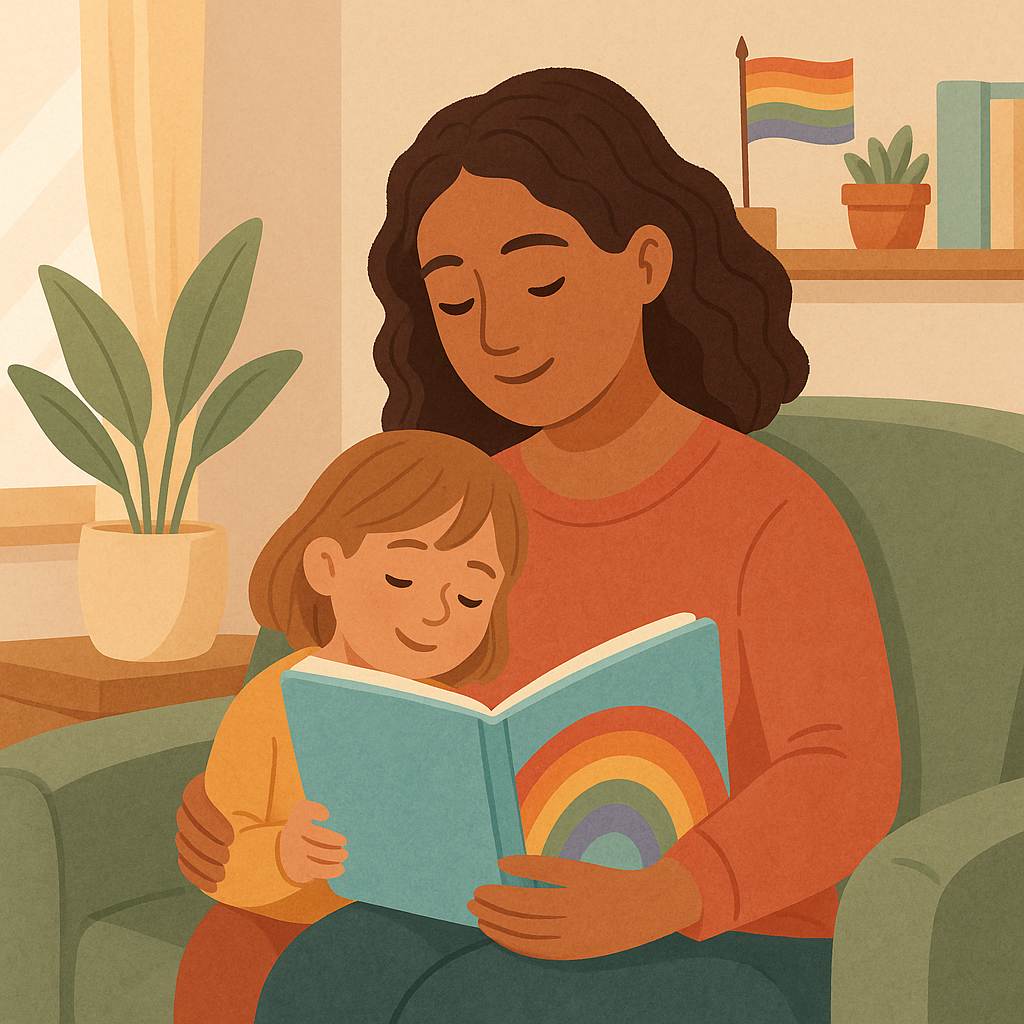As the world evolves, so do the dynamics of relationships. One such phenomenon is the fear of commitment. Many women are hesitant to commit to a long-term relationship, and they may pull away or even end things with their partner when things start to get serious. But why does this happen? In this article, we’ll explore the reasons why women pull away and the fear of commitment that drives them away. We’ll also provide tips and insights on how to deal with this issue.
Understanding the Fear of Commitment
Commitment is a big step in any relationship. It requires a level of trust, vulnerability, and compromise. While some people embrace it, others may be hesitant to take that leap. The fear of commitment can manifest in many ways, and it’s not limited to women. However, studies have shown that women tend to be more afraid of commitment than men.
At its core, the fear of commitment is the fear of the unknown. It’s the fear of losing one’s freedom and independence, the fear of settling for less, the fear of abandonment and rejection, the fear of getting hurt, and the fear of losing one’s identity. These fears can make women hesitant to commit to a relationship, even if they have deep feelings for their partner.
Fear of Losing Freedom and Independence
One of the biggest fears women have when it comes to commitment is the fear of losing their freedom and independence. They worry that a committed relationship will require them to sacrifice their personal goals, hobbies, and friendships. They may fear that their partner will control them or that they’ll lose their sense of self in the relationship.
It’s important to remember that a healthy relationship should never require one partner to sacrifice their individuality. If a woman is afraid of losing her independence, it’s important to communicate with her partner and set healthy boundaries. She can still pursue her personal goals and interests while being in a committed relationship. It’s all about finding a balance that works for both partners.
Fear of Settling for Less
Another fear that women may have is the fear of settling for less. They worry that committing to one person means they’ll miss out on other potential partners who may be a better fit for them. They may fear that they’re not fully compatible with their partner or that they’ll never find someone who truly understands them.
It’s important to remember that no relationship is perfect, and every couple will have their ups and downs. It’s also important to trust one’s intuition and know when it’s time to move on if the relationship isn’t working out. However, it’s equally important to give the relationship a chance and work through any issues before throwing in the towel.
Fear of Abandonment and Rejection
The fear of abandonment and rejection is another common fear that women may have when it comes to commitment. They may worry that their partner will leave them, cheat on them, or find someone better. They may fear that they’re not good enough or that they’ll be rejected if they open up and become vulnerable.
It’s important to remember that trust is the foundation of any healthy relationship. If a woman is afraid of being abandoned or rejected, it’s important to communicate with her partner and build trust. It’s also important to work on building self-confidence and self-worth so that she can feel secure in the relationship.
Fear of Getting Hurt
The fear of getting hurt is another fear that can make women hesitant to commit to a relationship. They worry that they’ll invest time and emotions into the relationship, only to have their heart broken. They may fear that their partner will cheat on them, lie to them, or treat them poorly.
It’s important to remember that every relationship comes with risks, and there are no guarantees. However, there are ways to mitigate these risks and protect oneself. It’s important to communicate with one’s partner and establish boundaries and expectations. It’s also important to take things slow and get to know one’s partner before fully committing.
Fear of Losing Identity
Finally, some women may fear that committing to a relationship means losing their identity. They worry that they’ll have to give up their hobbies, passions, and sense of self to fit into the relationship. They may fear that they’ll lose their independence or that they won’t be able to pursue their personal goals.
It’s important to remember that a healthy relationship should enhance one’s sense of self, not diminish it. It’s important to communicate with one’s partner and establish healthy boundaries. It’s also important to continue pursuing one’s personal goals and passions while in a committed relationship.
Communication is Key
Communication is key in any relationship, especially when it comes to the fear of commitment. It’s important for both partners to communicate their fears, concerns, and expectations. This can help build trust, establish healthy boundaries, and ensure that both partners are on the same page.
Effective communication involves active listening, expressing oneself clearly and honestly, and being open to feedback. It’s important to avoid blame, criticism, and defensiveness and to focus on finding solutions to problems. By communicating effectively, both partners can work through their fears and build stronger relationships.
Overcoming the Fear of Commitment
Overcoming the fear of commitment is a process that takes time and effort. It’s important for women to acknowledge their fears and work through them. This can involve therapy, self-reflection, and taking small steps toward commitment.
Therapy can be a helpful tool for working through fears and anxieties. A therapist can provide a safe space to discuss one’s fears and help develop strategies for managing them. Self-reflection can also be helpful, as it allows women to identify their values, goals, and needs in a relationship.
Taking small steps towards commitment can also be helpful. This can involve setting goals, such as going on more dates or introducing one’s partner to friends and family. It’s important to take things at one’s own pace and not rush into anything.
Final Thoughts on Fear of Commitment
The fear of commitment can be a complex and difficult issue for women to navigate. It’s important to understand the various fears that may be driving this reluctance to commit and to communicate effectively with one’s partner. By acknowledging one’s fears and working through them, women can build stronger, healthier relationships.
It’s also important to remember that every relationship is unique and that there’s no one-size-fits-all solution. With time, effort, and open communication, women can overcome their fear of commitment and find fulfilling, long-lasting relationships.


